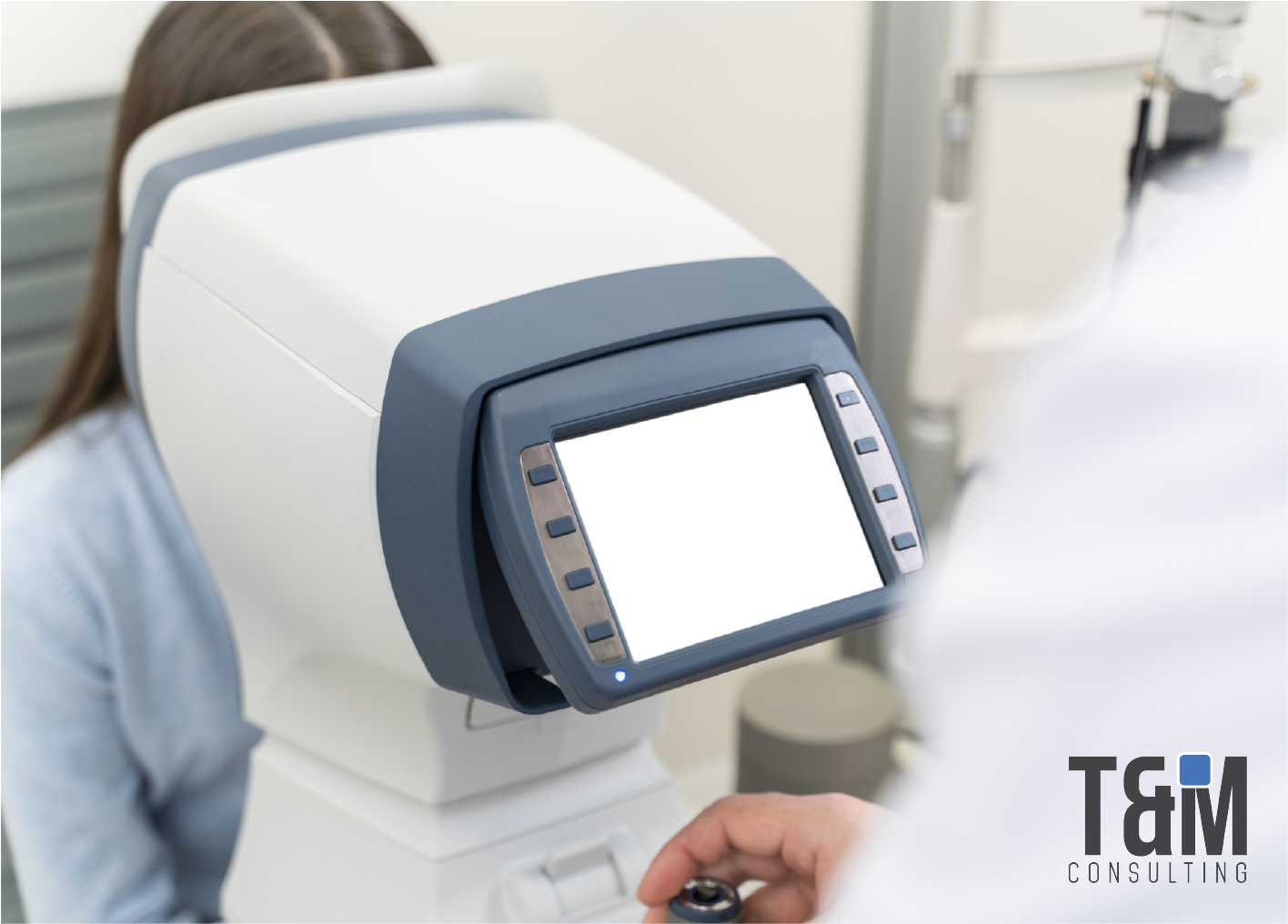Artificial Intelligence
An artificial intelligence system to detect heart disease from a visual examination.

One of the leading causes of death in the US and Mexico is heart disease, according to the Centers for Disease Control and Prevention; in Mexico it was the second leading cause of death among Mexicans during 2021, after coronavirus, the most common being, coronary artery disease, which can lead to a heart attack, according to the CDC.
Today, doctors' estimates of suffering a heart attack in the next 10 years are based on tools with parameters such as age, sex, blood pressure, cholesterol levels and whether or not there is a history of smoking.
A new study led by researchers at the University of Leeds, and published in the Nature Machine Intelligence portal, found that a new artificial intelligence system can predict with a 70% accuracy margin, a heart attack in the next 12 months, according to statements by the team.
This new technique could transform the detection of heart disease, allowing medical specialists to initiate treatments earlier, while patients could modify habits to improve their quality of life.
Alex Frangi, lead author of the study, a fellow at the Alan Turing Institute and chair of the Diamond Jubilee in Computational Medicine at the University of Leeds, commented "Retinal scans are comparatively inexpensive and are routinely used in many optical practices. As a result of automated screening, patients at high risk of becoming ill could be referred to specialist cardiac services."
The system uses retinal images estimating the size of one of the heart's chambers, the left ventricle and the blood pressure in it, combined with patient demographics, to predict the likelihood of a heart attack in the next 12 months.
The AI system was trained using retinal images and demographic data, such as gender, smoking and alcohol consumption, in a sample of more than 5600 people. Excluding people who might have alterations from existing diseases such as patients with diabetes who usually have changes in the blood vessels of the eye and people with age-related macular degeneration, usually with damage to parts of the retina.
A commercial prototype that could be available to many specialists is still awaited. For now, researchers are working on analyzing genetic data to make predictions of heart disease even more accurate.
Read more at:
https://www.nature.com/articles/s42256-021-00427-7
https://www.leeds.ac.uk/main-index/news/article/5000/ai-can-identify-heart-disease-from-an-eye-scan
22 de Marzo, 2022





